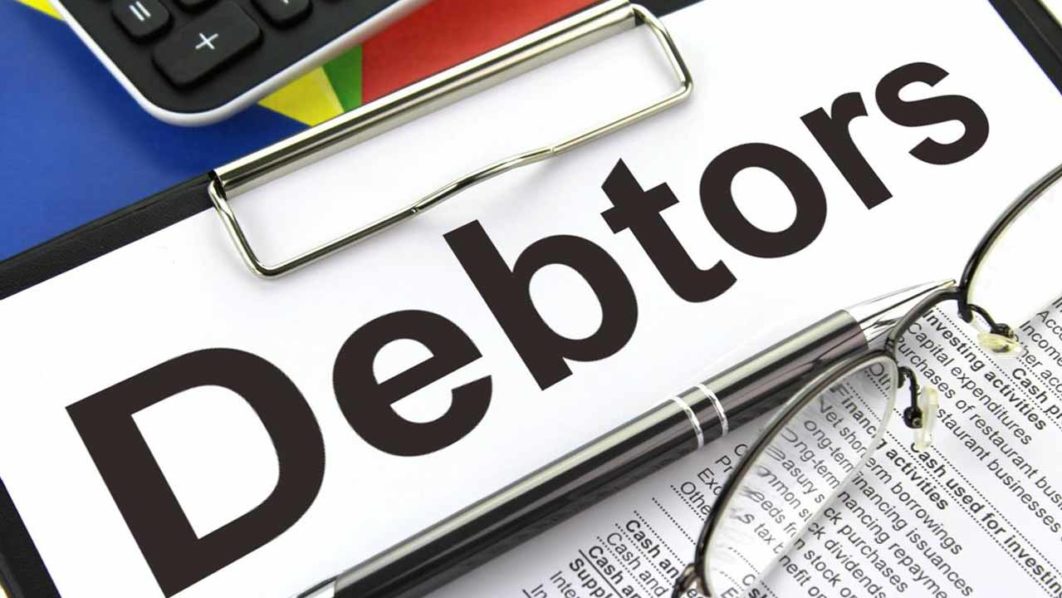In a sobering revelation, the Africa Export and Import Bank (Afreximbank) has identified Nigeria as one of the 10 African nations responsible for a staggering 69% of the continent’s total external debt.
This startling figure emerged in Afreximbank’s latest report, ominously titled: ‘African Debt Outlook: A Ray of Optimism.’ The report paints a stark picture of a continent drowning in external debt, trapped by underdeveloped local financial markets and crippling interest rates.
The Heavyweights of African Debt
As of the first half of 2024, these 10 countries collectively carried the bulk of Africa’s external debt burden — a figure that has risen from 67% in 2023 to 69% this year.
The debt leaderboard reads like a who’s who of Africa’s largest economies:
South Africa – 14%
Egypt – 13%
Nigeria – 8%
Morocco – 6%
Mozambique – 6%
Angola – 5%
Kenya – 4%
Ghana – 4%
Côte d’Ivoire – 3%
Senegal – 3%
The External Debt Trap
Afreximbank points to a vicious cycle: African nations desperately need foreign exchange to fund imports, forcing them to borrow heavily from abroad. With aid inflows shrinking, many countries are turning to concessional loans from global institutions and even private creditors offering competitive rates — but at a steep long-term cost.
From Crisis to Catastrophe?
The report highlights a grim trend: since 2008, Africa’s external debt has skyrocketed, hitting a staggering $1.16 trillion by the end of 2023 — 60% of the continent’s total public debt. By the end of 2024, this figure is expected to tick slightly higher to $1.17 trillion, and if current borrowing patterns persist, it could balloon to $1.29 trillion by 2028.
What’s the Way Out?
Afreximbank’s report, despite its ominous numbers, offers a faint glimmer of optimism. It calls for bold reforms in domestic financial markets, strategic debt restructuring, and a shift away from dependency on external credit if Africa hopes to break free from this debt stranglehold.
For Nigeria — and its fellow debt giants — the message is clear: Borrowing may fuel today’s economy, but without sustainable reforms, tomorrow’s debt bill could cripple the entire continent.





